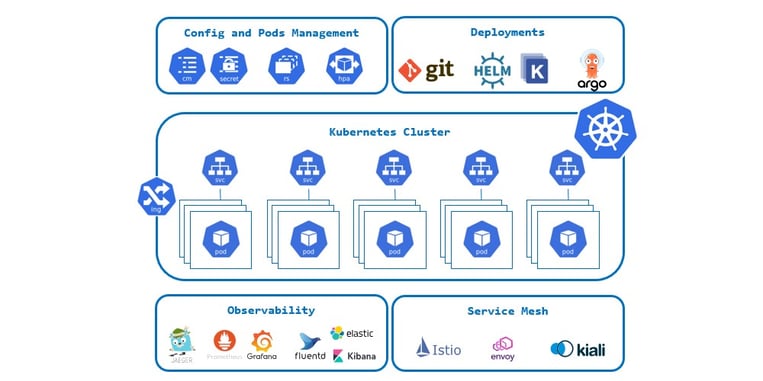When I first heard of DX4C a year ago, I was dismayed: how come Oracle uses the best Siebel engineering team resources to develop some other product rather than building the stuff Siebel CRM customers require?
Still skeptical while watching George Jacob demoing DX4C at his classic Strategy and Roadmap session on Siebel CRM Virtual Summit (I miss you, OpenWorld!), my attitude flipped as I discovered a hidden treat in another session during the second week of the show.
But first, let's take a step back and clarify what DX4C or Digital Experience for Communication is. It is Oracle's new SaaS product created for telecoms. DX4C stands out the second you see its slick and modern UI based on the Redwood Design System. On the back end, several Oracle products, including Siebel CRM, expose their functionality as TM Forum's compliant REST API.
With the DX4C, Oracle will be operating Siebel CRM by itself on a large scale. It is a massive change for Siebel CRM at Oracle; now they need to ensure first-hand Siebel's high availability and follow short release-cycles while keeping operational costs under control.
Here comes the hidden treat: as a response to these challenges, the Siebel engineering team came up with Siebel Cloud Native Architecture; in 2021, Siebel customers are likely to get it as an option to run their Siebel CRM as a cloud native application in the public or private cloud, just as they do with the modern microservices applications.

To become cloud native, Siebel CRM followed the principles defined by the Cloud Native Computing Foundation: containerization, observability, scalability, progressive delivery, and immutability. You will see Siebel CRM Services running in the Kubernetes cluster, surrounded by the backing services well familiar to DevOps engineers such as Prometheus, Grafana, Fluentd, Elasticsearch, Kibana, Istio, Envoy, Helm, Argo, etc.
Thanks to the Siebel Cloud Native Architecture, Siebel CRM customers running Siebel both in the cloud or on-premise will enjoy benefits similar to the Oracle ones:
- high availability/scalability: automatic scaling, a restart of the failed pods, zero-downtime deployment
- simplified operations: standardized infrastructure and backing services, automation, monitoring dashboards
- improved agility: decreased risk and cost of deployments thanks to canary deployment, resilient architecture, automation
While Kubernetes and all supporting tools are well familiar to DevOps engineers, these technologies are new for most Siebel folks. To narrow this knowledge gap, we hosted the webinar "Introduction to Cloud Native Architecture for Siebel teams": check out the recording here.
Throughout 2021, we are running free private introductory workshops with Siebel CRM customers on Kubernetes and supporting services. But during Q2, we will prepare an open-source GitHub project with a Kubernetes environment and Siebel logs collection solution using Fluentd, Elasticsearch and Kibana. Start mastering Kubernetes while simplifying your Siebel application support.
If you would like to arrange a private webinar or sign up for the upcoming GitHub project, please send an email to juris.terauds@ideaportriga.com
/Portraits/Juris%20400.jpg)
